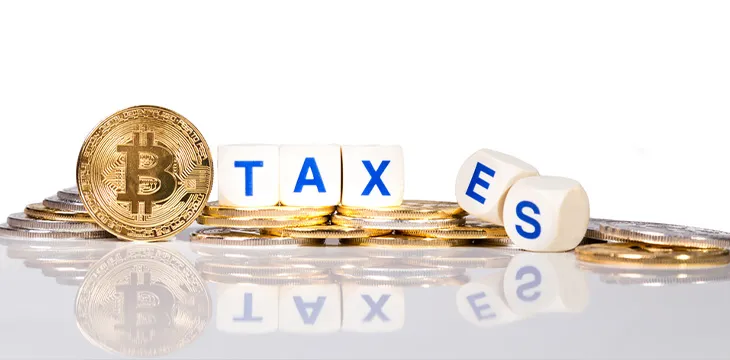|
Getting your Trinity Audio player ready...
|
Japan’s ruling Liberal Democratic Party has given the green light to a proposal seeking to exempt digital currency issuers from paying taxes on unrealized capital gains, reports Bloomberg.
In an interview with Bloomberg, high-ranking party member Akihisa Shiozaki revealed that the proposal aims to improve the ease of business in the virtual currency industry. The move is considered a radical shift from a harsh regulatory climate that led to the exit of leading industry players in Japan over the last four years.
Currently, Japan imposes a 30% tax on digital asset service providers holding unrealized gains from their assets—a move widely criticized for stifling innovation. The proposal has been in the works since August, and the approval of the proposal has sent ripples of excitement throughout the industry.
“This is a very big step forward,” said Shiozaki, a lawmaker widely regarded as being behind the new policy. “It will become easier for various companies to do business that involves issuing tokens.”
Sweeping tax reforms are widely anticipated in Japan as Prime Minister Fumio Kishida’s administration puts the final changes to the annual tax policy guidelines. The executive is rumored to submit the draft bill to Parliament before the end of the year instead of the start of the country’s fiscal year in April.
The draft bill suggests that the government is pulling several strings to create a conducive playing ground for digital asset firms in the country. Japan’s government had previously indicated plans to improve the digital economy using virtual currencies, including NFTs. So far, the plans have already begun bearing fruits as Binance returned to the country after a four-year absence.
Despite raging seas, the plan is forging ahead
After FTX collapsed in November, investors and operators watched with bated breaths whether or not regulators would abandon plans to transform Japan into a virtual currency paradise.
However, eliminating paper gains of digital asset service providers has been construed as proof that the FTX’s implosion did little to scuttle the government’s plans. Shiozaki noted in a speech to Parliament that regulators should ensure that they subject firms to proper due diligence rather than make a U-turn regarding digital assets.
Japan’s Virtual and Crypto Assets Exchange Association (JVCEA) announced in October that it would be proceeding with plans to relax the screening process for virtual currency listings, but it is unclear if the FTX and FTT debacle would see it renege on the plans.
Watch: The BSV Global Blockchain Convention presentation, Vaionex: Frictionless Blockchain Solutions

 09-17-2025
09-17-2025 





